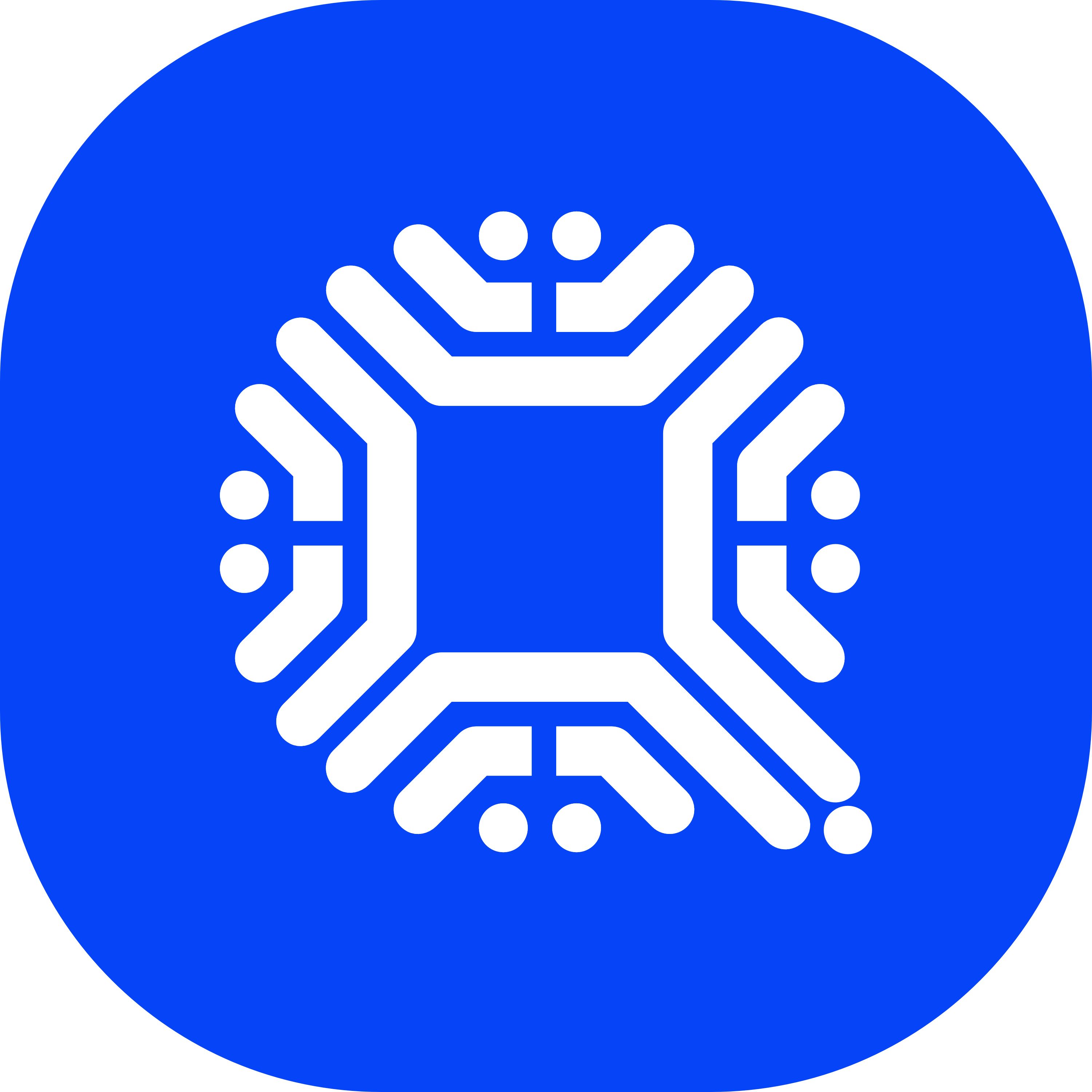What is the point of Bitcoin and who are the miners?

In the world of cryptocurrency, Bitcoin is the first name that comes to mind for many people. But what exactly is the point of Bitcoin, and how do miners fit into the picture? Let's delve into this topic and uncover the significance of Bitcoin as well as the crucial role that miners play in the blockchain network.
Understanding Bitcoin
Bitcoin is a decentralized digital currency that operates on a technology called blockchain. It was created in 2009 by an unknown person or group of people under the pseudonym Satoshi Nakamoto. One of the main appeals of Bitcoin is its decentralized nature, meaning that it is not controlled by any single entity such as a government or financial institution.
Significance of Bitcoin
Store of Value
One of the primary purposes of Bitcoin is to serve as a store of value. Similar to gold, Bitcoin is seen as a hedge against inflation and economic instability. Many investors view Bitcoin as a digital gold that can preserve wealth over time.
Medium of Exchange
While Bitcoin is often used as a store of value, it can also be used as a medium of exchange. More and more businesses are accepting Bitcoin as a form of payment, allowing users to transact without the need for traditional banking systems.
Financial Inclusion
Another key point of Bitcoin is its potential to promote financial inclusion. In regions where access to banking services is limited, Bitcoin can provide a way for individuals to participate in the global economy and access financial services.
The Role of Miners
Now that we've covered the significance of Bitcoin, let's talk about the role of miners in the network. Miners are essentially the backbone of the blockchain network, responsible for validating transactions and securing the network.
Transaction Validation
Miners validate transactions by solving complex mathematical puzzles. Once a miner successfully solves a puzzle, the new block of transactions is added to the blockchain, and the miner is rewarded with newly minted Bitcoins as well as transaction fees.
Network Security
In addition to validating transactions, miners also play a crucial role in maintaining the security of the network. Through the process of mining, miners contribute computational power to the network, making it more difficult for malicious actors to manipulate transactions.
In conclusion, Bitcoin serves as a decentralized digital currency with various use cases including store of value, medium of exchange, and financial inclusion. Miners, on the other hand, play a critical role in validating transactions and securing the network. Together, Bitcoin and miners form a robust ecosystem that continues to shape the future of finance.
Related articles
Latest articles
See more




















